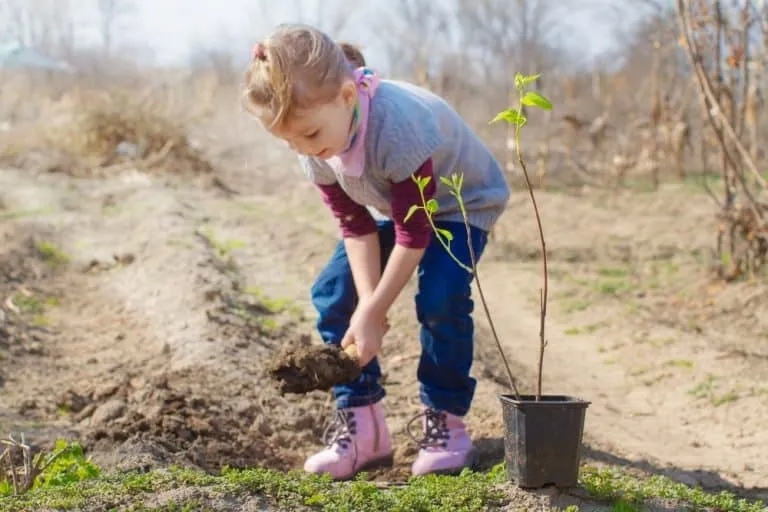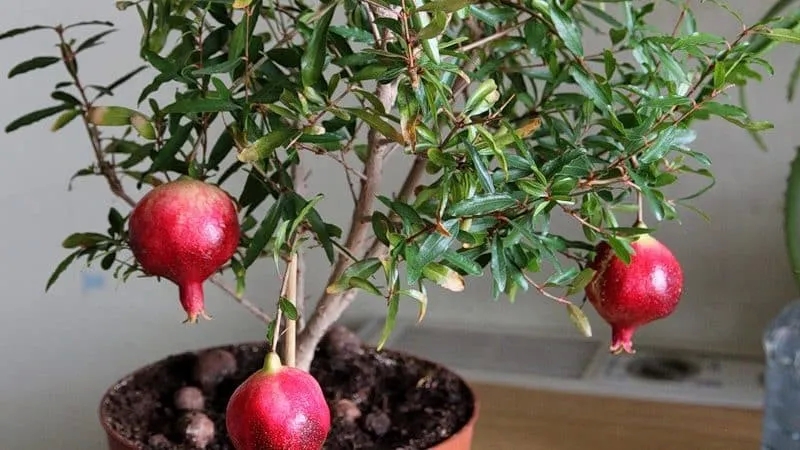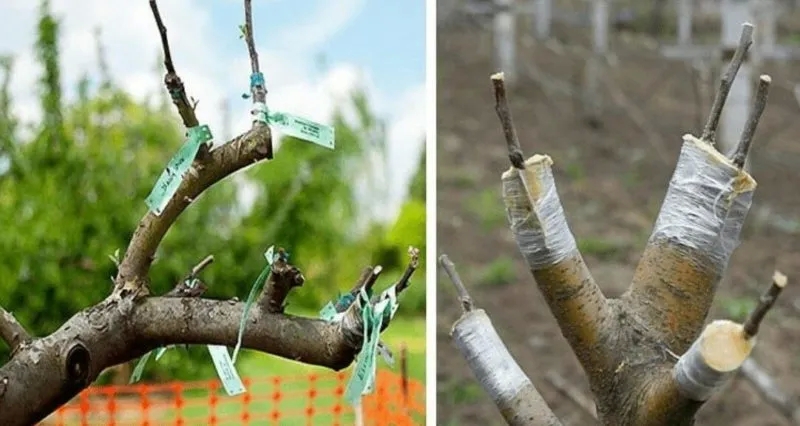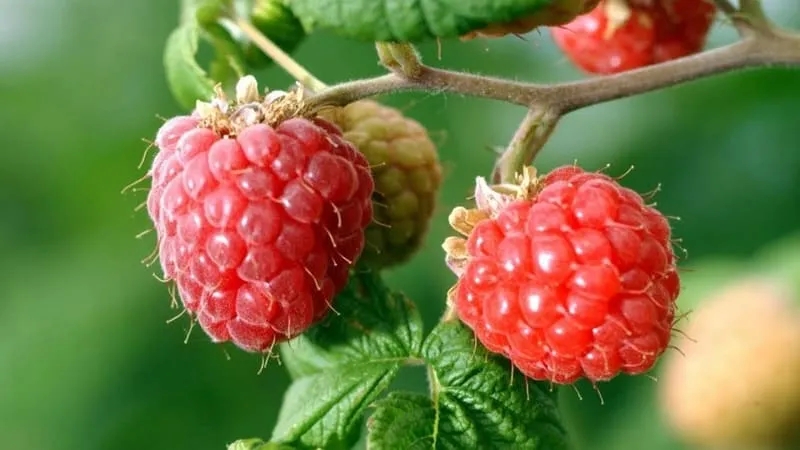Gardeners often call pears "tricky" fruit. One day, they are still firm on the tree, and the next, they are already soft on the ground. Catching the perfect moment of ripeness is not easy, which is why many people pick or buy them unripe. Can pears ripen at home? Let’s find out.
Table of contents
How to Choose Ripe Pears
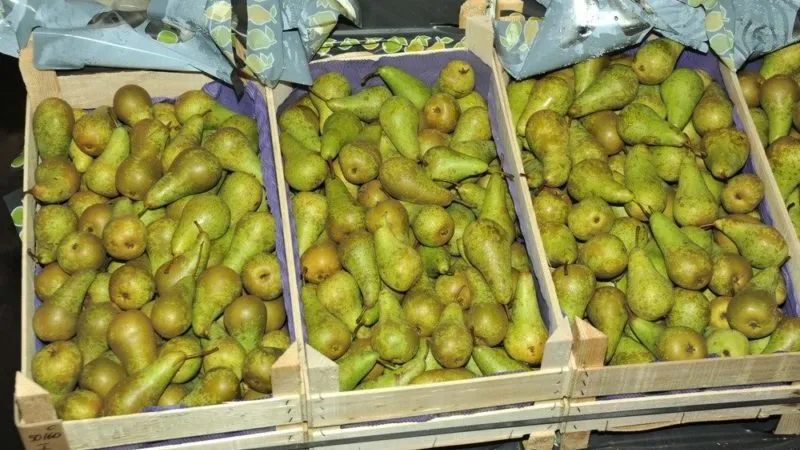
When selecting pears, first pay attention to their firmness. A properly ripe pear should be slightly firm. If it’s too soft, it’s overripe and not ideal for purchase.
Also, check for black spots, blemishes, or signs of rot. Another important criterion is the smell – a ripe pear has a light, sweet aroma. When buying, gently press near the stem – if it’s springy, the fruit is ripe and tasty.
Note! Experts advise avoiding pears that look unnaturally shiny or artificial. These are often treated with a chemical coating to prevent spoilage during transport. If such pears end up in your fridge, wash them thoroughly with a sponge and rinse with hot water before eating.
Can You Eat Unripe Pears?
Eating unripe pears is not recommended. They may cause digestive discomfort or allergic reactions. Instead, store them properly to allow gradual ripening.
You can also slice unripe pears, sprinkle them with sugar, and refrigerate for a few days. Then, blend and cook them into a jam.
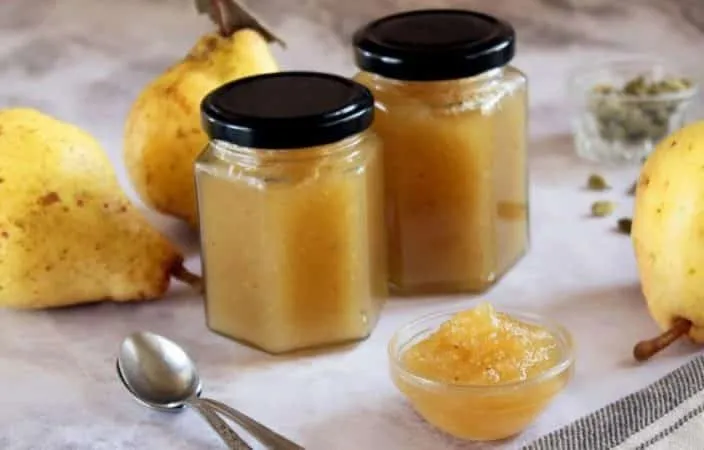
How to Ripen Pears at Home
There are several ways to speed up the ripening of pears indoors.
How to make pears ripen faster:
- Store them at room temperature (around +20°C) for 1–7 days. Place them on a tray or large plate. Avoid keeping them in plastic bags or containers – this prevents ripening and promotes spoilage.
- Keep pears unwashed and wrap them in newspaper or soft paper. Do not refrigerate unripe pears – cold temperatures halt the ripening process.
- Speed up ripening by placing pears in a brown paper bag with an apple or banana. Ripe fruits release ethylene gas, which accelerates ripening.
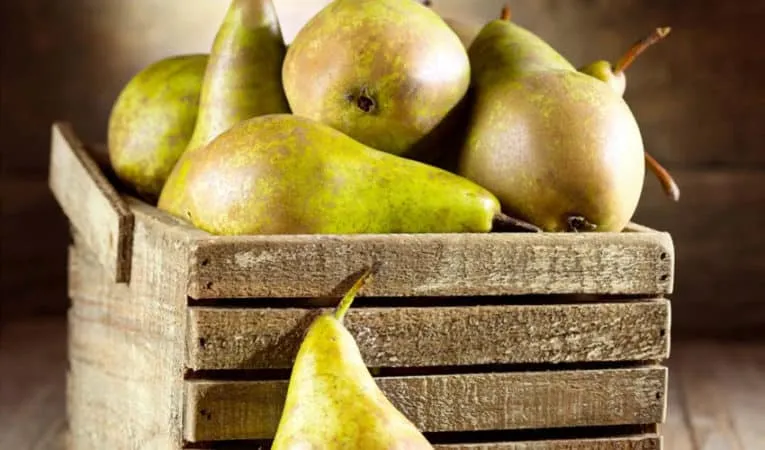
There’s no universal ripening time – it depends on room conditions and the pear variety. Check the paper bag regularly to avoid overripening.
How to Store Pears for Longer
To extend shelf life, store unwashed pears in the fridge. They will stay fresh for 2 weeks to 1.5 months, depending on the variety. Keep them separate from other foods, ideally in a clean tray.
The ideal storage temperature is between 0°C and +5°C. Inspect them daily for rot or blemishes, and discard any spoiled fruit.
If temperatures stay above 0°C, pears can be stored on a balcony. Avoid frost – it makes them tasteless and watery.
Some freeze unripe pears for long-term storage. They last 7–12 months in the freezer. Select ripe pears, wash them, remove the core, slice into 2 cm strips, dry, then seal in an airtight bag before freezing.
Note! To preserve color, treat pears with lemon juice before freezing.
If you have a cellar or basement, store pears there. Use wooden crates placed at least 20 cm above the floor. The space should be cool, dark, and well-ventilated.
Clean and disinfect the storage area beforehand. Wrap each pear in newspaper and place in the crate, then cover with a cotton cloth.
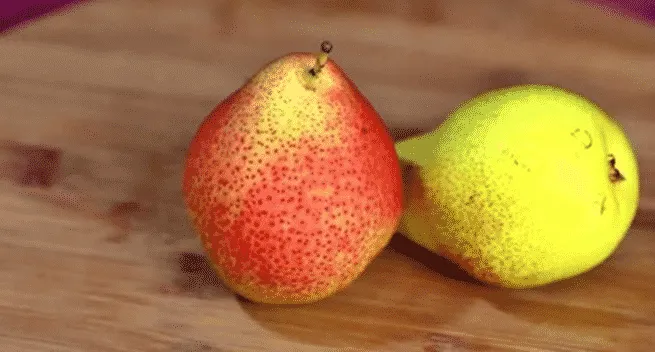
What to Do with Overripe Pears
Some believe overripe pears are as bad as unripe ones, while others enjoy their soft texture.
Overripe pears can be used in baking – add slices to cakes, muffins, or pies, or make a pear topping for pancakes or cupcakes. They can also be stewed into a sweet puree for desserts or ice cream.
Conclusion
To ripen pears faster, place them in a paper bag. Avoid refrigerating or storing them in a cellar too soon – cold temperatures slow ripening. Whether to eat unripe pears is a personal choice.
Overripe pears are great for jams or pastry fillings. Always check their appearance – ripe pears should look fresh, without dark spots or rot.
